Meet Our Speakers

Growing up with MPS
Join Dr. John Mitchell for an informative session examining the complex challenges of growth and pubertal development in patients with mucopolysaccharidosis (MPS) disorders.
The session will conclude with a 5-minute update on ongoing clinical trials in which Dr. Mitchell is actively involved, providing attendees with the latest insights into emerging treatments and research developments in the field of orphan diseases.
Dr John J. Mitchell, Metabolic Geneticist, Montreal Children’s Hospital
Dr John J. Mitchell is a pediatric endocrinologist and metabolic geneticist at the Montreal Children’s Hospital.
Dr. Mitchell specialises in the treatment of rare metabolic diseases, commonly referred to as orphan diseases. His clinical and research focus centers on complex genetic disorders such as phenylketonuria (PKU) and lysosomal storage disorders, conditions characterized by the deficiency or absence of specific enzymes critical to normal cellular function. Dr. Mitchell is actively involved in developing and implementing cutting-edge treatment approaches including chaperone therapies, enzyme replacement therapies, and gene therapies. He has participated in the development of national and international clinical guidelines for MPS II, MPS IVA and MPS VI.
Beyond clinical care and research, Dr. Mitchell maintains a strong interest in health policy, particularly examining how Canadian federal and Quebec provincial governments evaluate, approve, and provide coverage for orphan therapies. His dual focus on clinical innovation and policy analysis positions him uniquely to bridge the gap between scientific advancement and practical healthcare delivery for patients with rare diseases.
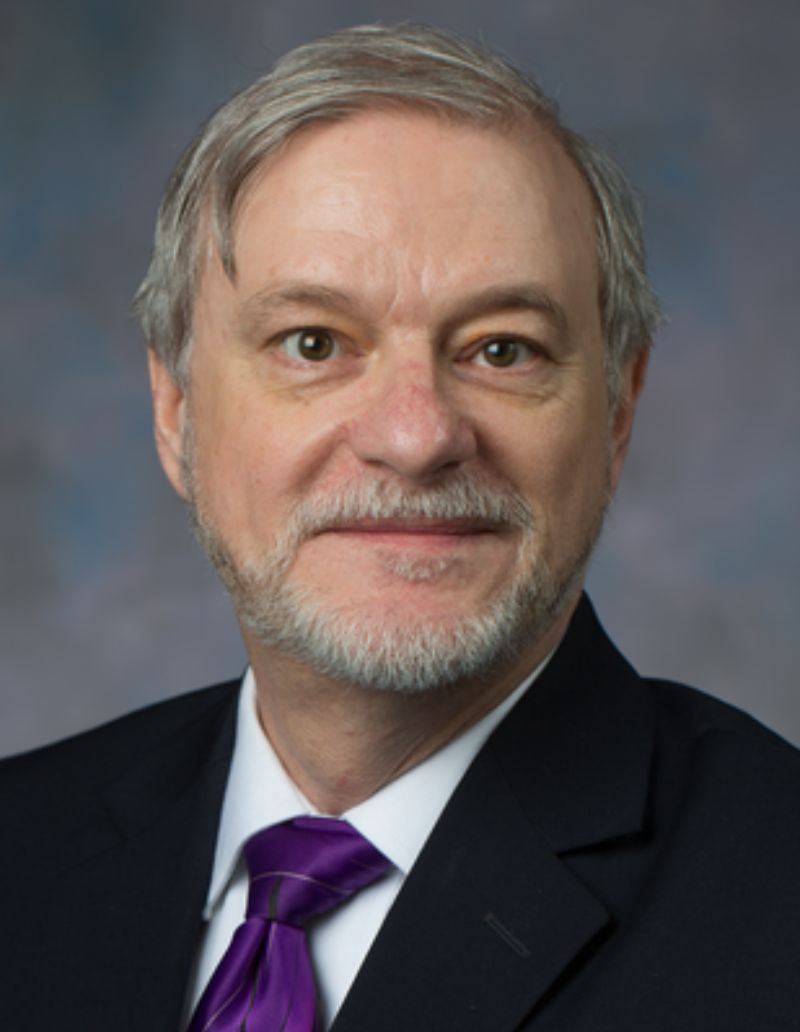
Gene Therapy (Sanfillipo)
A brief introduction on gene therapy and present on the completed trial for MPS IIIA (Sanfilippo type A).
Dr Kim McBride
Dr. McBride has expertise in the clinical care of
individuals with rare diseases and a mission to lead in translational genetics, applying skills at bridging basic and clinical science to affect change in understanding,
diagnosing and treating rare and devastating disorders in children.
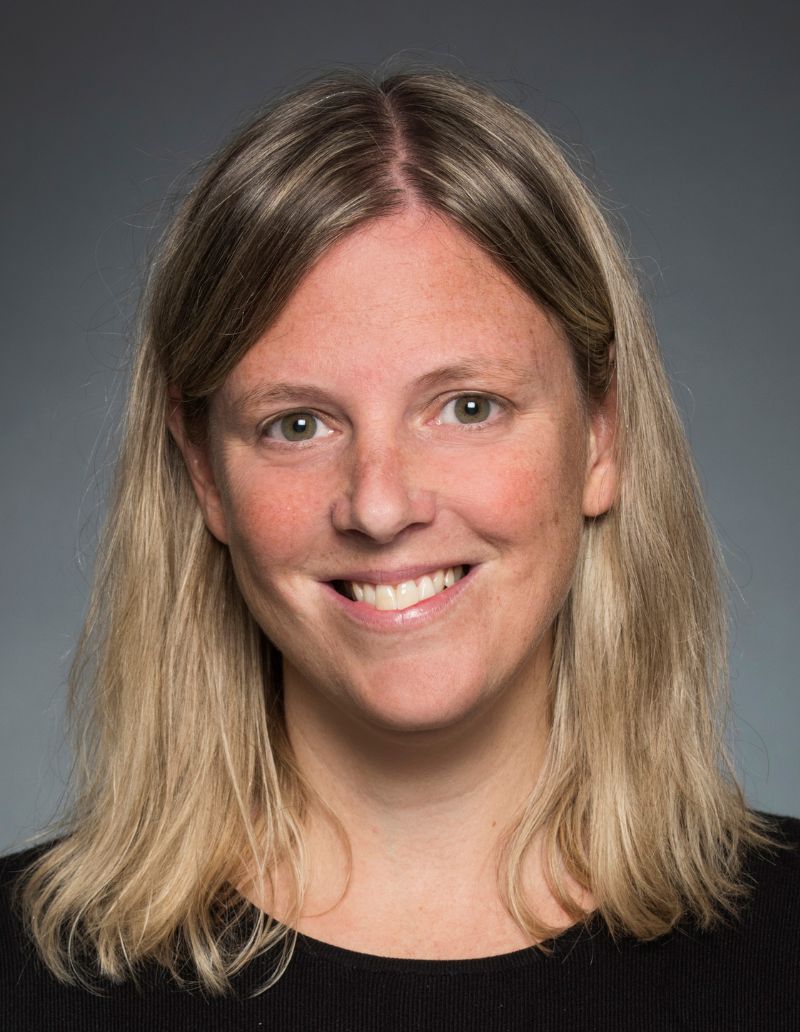
The Canadian MPS Registry
This presentation will cover the development of the Canadian MPS Registry as a partnership between the Canadian MPS Society, the INFORM RARE research network, and the Childrenâs Hospital of Eastern Ontario Research Institute. Our experience with the registry to date will be discussed as well as our future plans. There will be opportunities for patients and caregivers to share their ideas and priorities for this patient registry moving forward.
Dr.Beth Potter
Beth Potter is a Professor of Epidemiology and Public Health and the University Research Chair in Health Services for Children with Rare Diseases at the University of Ottawa; and an Affiliate Investigator at the Childrenâs Hospital of Eastern Ontario Research Institute. Her research aims to produce evidence to improve health care and outcomes for children with rare genetic diseases. She is Principal Investigator for the INFORM RARE research network, which brings together patients and caregivers, clinical providers, and methodologists in the design of patient registries and clinical trials for specific inherited metabolic and neurologic diseases. She also leads the Registry sub-platform for the RareKids-CAN Pediatric Rare Disease Clinical Trials and Treatment Network.
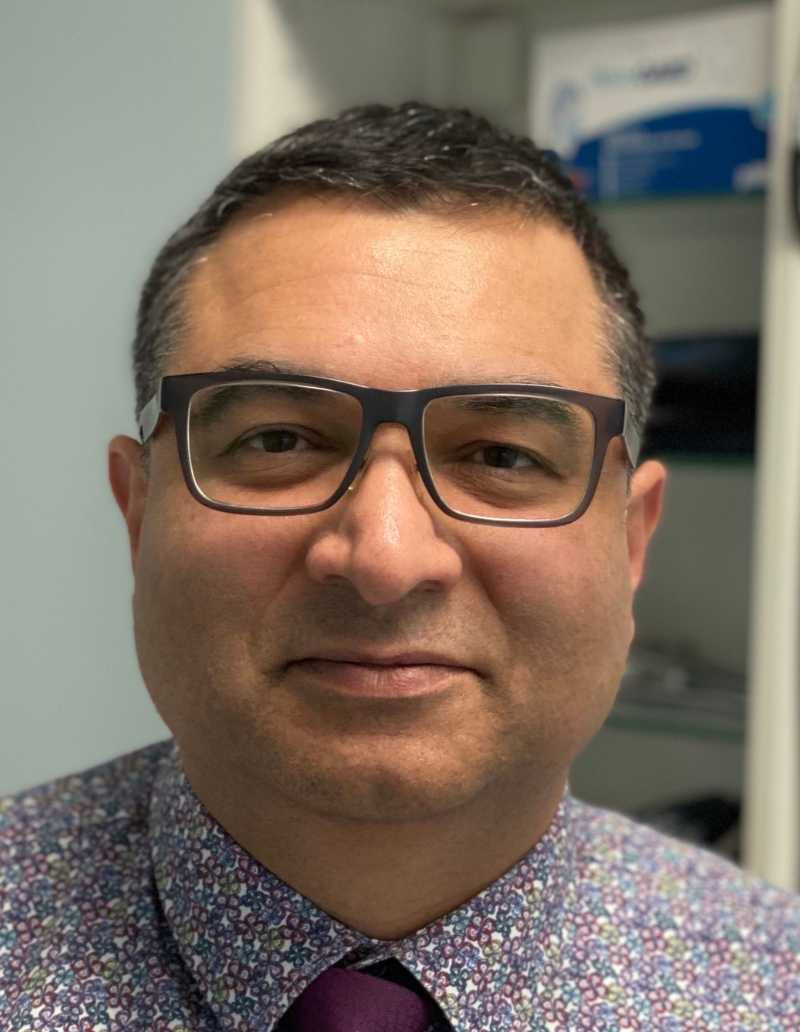
Clinical Trials
Understand how trials work and what they could mean for your family’s future.
Dr. Aneal Khan, M.A.G.I.C. (Metabolics and Genetics in Canada)
Dr. Aneal Khan is a Pediatrician and Medical Geneticist with over 20 years of experience in rare genetic diseases. He completed his training at the University of Toronto, Queen’s University (M.D.), Rush Medical College and Hospital for Sick Children (Pediatric Residency), and Hospital for Sick Children (Clinical Genetics Fellowship). After serving as Professor of Pediatrics and Medical Genetics at institutions including Hospital for Sick Children, McMaster Children’s Hospital, and Alberta Children’s Hospital, he founded M.A.G.I.C. Clinic in April 2021 to improve diagnostic access and treatment options for patients with rare metabolic and genetic diseases.
Dr. Khan has pioneered groundbreaking clinical trials including the world’s first gene therapies for Fabry and Gaucher diseases, liver cell transplant for urea cycle diseases, and Canada’s first community-based gene therapy. He is co-founder of Discovery DNA molecular genetics laboratory in Calgary and President of the Rare Disease Network of Alberta.
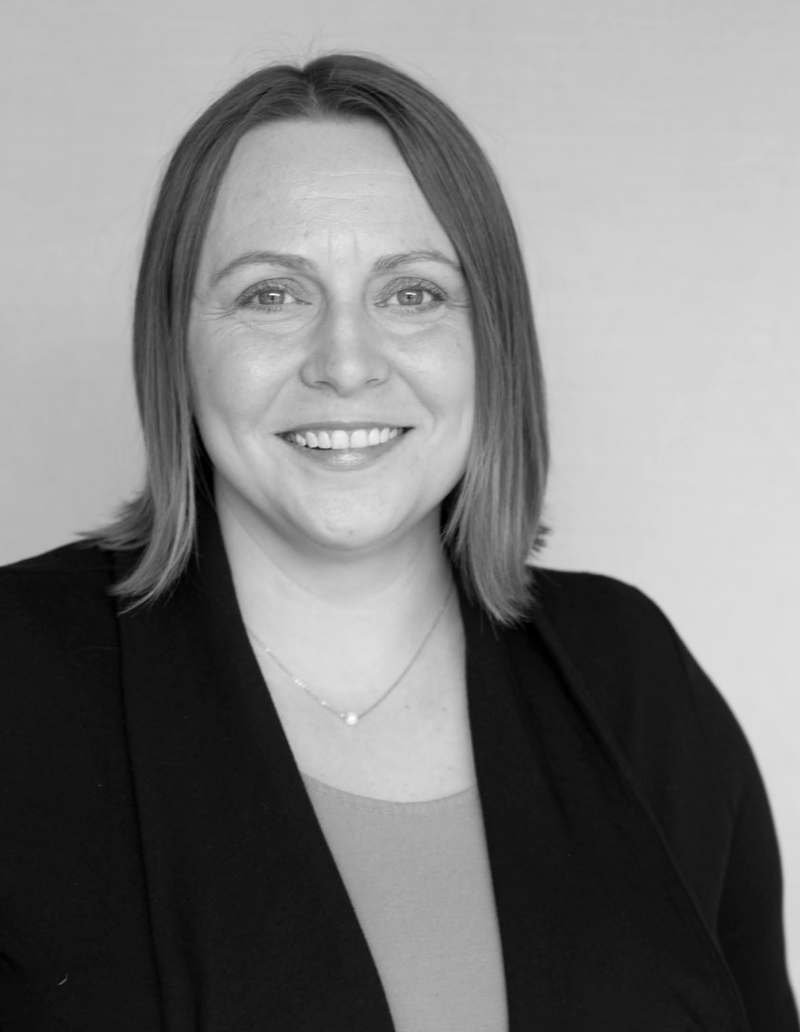
Youth Transition to Adulthood: Tips and Tricks
The transition from pediatric to adult care brings about a time of complexity for families of individuals with chronic medical conditions. We will aim to address; goals for supporting independence, self-advocacy encouragement and working with, rather than against, the unique developmental phase of adolescence.
Dr. Eva Mamak, Clinical Neuropsychologist, Hospital for Sick Children, Toronto
Dr. Eva Mamak is a board-certified clinical neuropsychologist at the Hospital for Sick Children in Toronto, Ontario. She completed a PhD. In School Psychology at the University of North Carolina – Chapel Hill, pre-doctoral internship at the University of Minnesota Medical School, and Post-Doctoral fellowship in Pediatric Neuropsychology at the Hospital for Sick Children in Toronto. Her clinical work is focused on evidence-based assessment of infants, toddlers, children, and adolescents with rare disease, genetic conditions, those requiring neurosurgical intervention, and medication-refractory epilepsy.
Dr. Mamak’s research focuses on neurocognitive outcomes in rare disease and neurological conditions, with a focus on multi-disciplinary, multi-centre studies. Clinical monitoring of functional outcomes following novel treatment is also a focus of her work. Dr. Mamak is also the post-doctoral fellowship coordinator for clinical neuropsychology at SickKids.
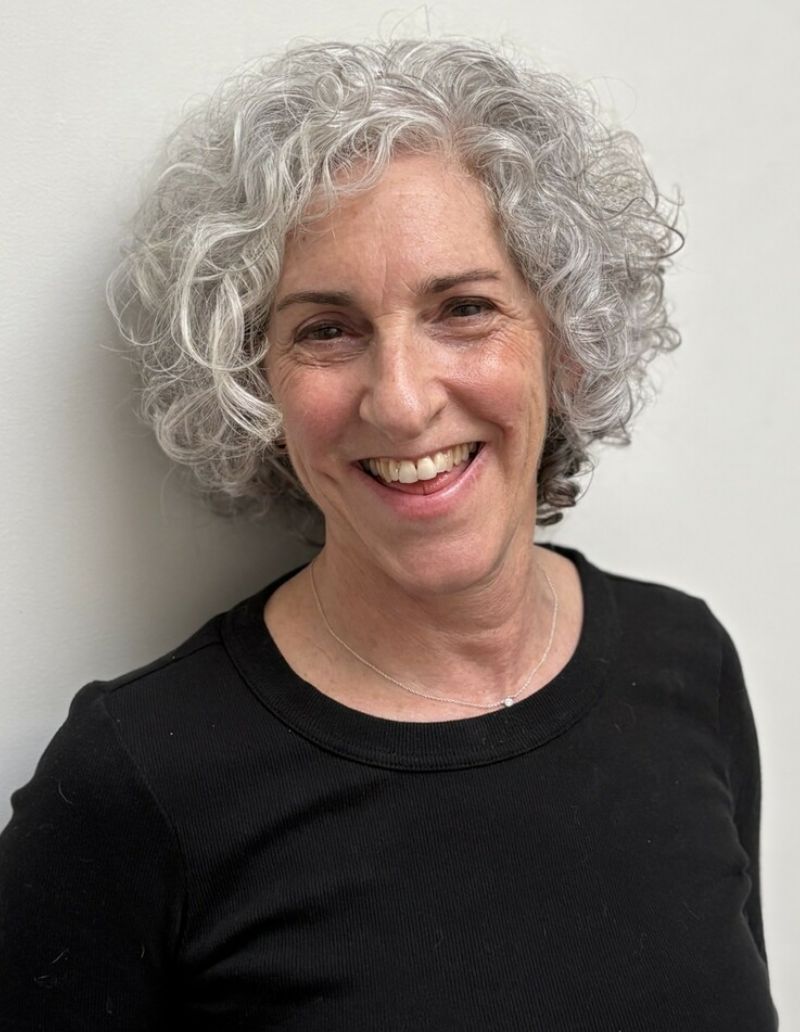
Family caregivers give so much of themselves to support their child. In the
midst of caring for others, it’s easy to forget the importance of self-care.
This presentation will explore the emotional and physical impact of caregiving, share realistic self-care strategies, and offer tools to help you build resilience and find balance. Whether you’re new to caregiving or have been on
this journey for years, this session will remind you that taking care of
yourself is essential.
Lisa Feitelberg, Hospital for Sick Children
Lisa Feitelberg, MSW, RSW, is a registered social worker in the Division of Clinical and Metabolic Genetics at The Hospital for Sick Children (SickKids) in Toronto. With a background in pediatric healthcare, Lisa has dedicated her career to supporting children and families as they navigate the challenges of complex medical diagnoses. She is passionate about family-centered care and the emotional wellbeing of caregivers, and brings a trauma-informed, compassionate approach to her work.
